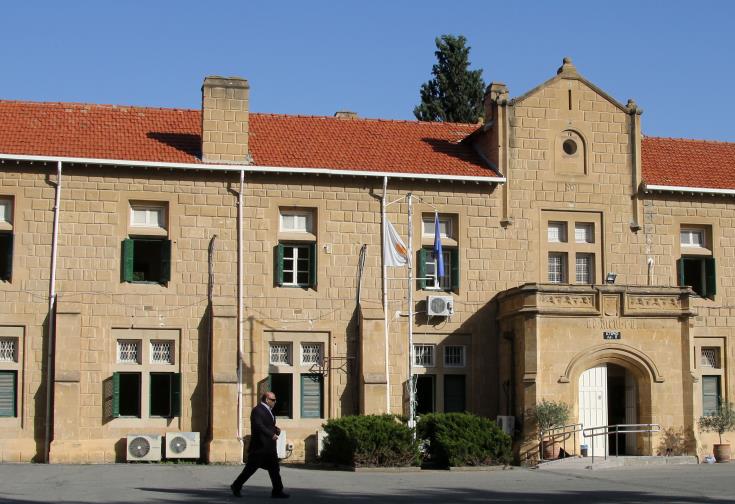Europe’s human trafficking watchdog has voiced concern over Cyprus’ failure to grant free legal aid and expertise to victims during criminal proceedings.
In its third evaluation on Cyprus, the Council of Europe’s Group of Experts on Action against Trafficking in Human Beings (GRETA) heralded Nicosia’s tougher penalties for human trafficking and criminalizing the use of victims for sex.
“The Cypriot authorities should strengthen the provision of information to presumed and formally identified victims of trafficking regarding their rights, the services available and how to access them, as well as the implications of being identified as a victim of trafficking,” the report said.
It did welcome the setting up of a facility that can limit the number of interviews that child abuse victims should undergo but said cross-examining children should be avoided.
But GRETA pointed out that between 2015-19, no legal aid was provided to trafficking victims in Cyprus.
Although victims can seek financial compensation and damages through the courts, the report found no instances of a criminal court granting such compensation in human trafficking cases.
It said only two applications for legal aid for the purpose of claiming compensation had been approved by the attorney general’s office.
GRETA urged Cyprus to set up a victim support fund and to ensure convicted perpetrators compensate victims.
“No victim has so far received state compensation in Cyprus”.
Cypriot authorities were called to step up human trafficking investigations given the low conviction rate — especially in labour exploitation cases.
According to the report, police submitted 58 trafficking cases for prosecution during 2015-18; nine cases resulted in final convictions.
More training for prosecutors and judges was recommended so human trafficking charges aren’t downgraded to make victims ineligible for aid and compensation.
GRETA also said that asylum-seekers who are presumed to be trafficking victims may be exposed to sexual or other exploitation because they receive a low allowance and are expected to find somewhere to live.
“Vulnerable asylum seekers who are presumed to be victims of trafficking are provided with a meagre allowance and are expected to find accommodation by themselves, exposing them to risks of sexual and other exploitation.”
Over the four-year review period, 190 out of 801 presumed trafficking victims were formally identified as such, 80% were women.
The main form of exploitation cited in the report was sex followed by forced marriage, labour and a combination of sex and labour.
Almost all male victims were trafficked for labour exploitation.
There were seven child trafficking victims.










